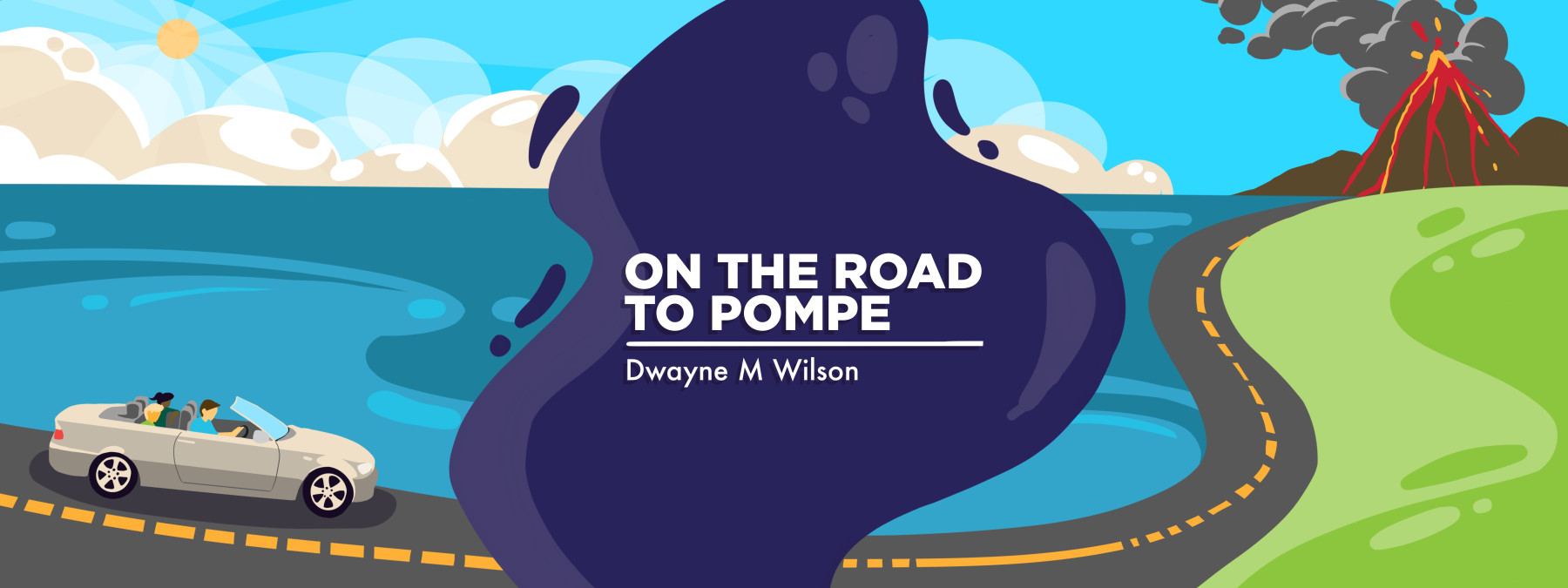A late-onset Pompe diagnosis explained my childhood insecurities
A columnist makes sense of all the physical challenges he faced growing up
Written by |

Whenever it was time to play dodgeball in my elementary school years, I was always picked last. Growing up, I wasn’t physically gifted. I couldn’t run, and I moved slowly. For a kid, my balance was uncharacteristically off. Despite being raised in Southern California, I was unable to surf, skateboard, or roller-skate. My feet needed to be secure on the ground at all times.
As I entered my teenage years, I found myself unable to do a pullup or even attempt the monkey bars. During physical education class, I couldn’t do pushups or situps. I failed at all school physical activities when it came time for testing. No one wanted me on their team for baseball, basketball, or even to play tag.
Although I was the tallest and biggest kid in my grade year after year, I was still chosen last. I was slow to react and always out of breath. My parents thought I might be good at soccer. Since I couldn’t run, the coach made me a goalie. Why not have the biggest kid standing in front of the goal? Well, that was an epic failure, as I couldn’t move fast enough to stop the balls from flying by. Sports and me just didn’t mesh. I always felt that the other kids were looking down on me.
In high school, I felt I was weaker than the other students. I couldn’t bench-press more than one plate on either side of the bar, while others did twice as much. In my mind, my upper-body strength was weak, and I was overweight.
It was then that my self-esteem took a nosedive. I was always self-conscious about how I looked and how weak I was for a big guy. I became a loner and had just a couple of friends. I always felt different, like something was wrong with me. Why couldn’t I just be normal like the other kids? My dreams of being a professional football player faded away.
Looking back, it all makes sense
Fast forward 35 years, and I was having problems climbing stairs and standing up from a seated position. I started struggling to breathe while lying down. These serious symptoms had me looking for answers, which I finally got in November 2018 at age 50 when I was diagnosed with late-onset Pompe disease.
As I learned more about Pompe, all my feelings and physical challenges from childhood started to make sense. I realized why I could never run, jump, or do a pullup.
Thanks to genetic testing, I discovered that I was born with two gene mutations. These inhibit the function of my acid alpha-glucosidase enzyme, preventing my body from being able to break down glycogen, particularly in my muscle cells. The result is weakening muscles throughout my body.
Now that I know what’s been causing all my physical issues, I can decide how to move forward. I realized that how I react to my diagnosis is key to living my best Pompe life. Being positive helps me accomplish more and makes life more fun!
I can’t change the past, or who didn’t pick me for their teams, but I can be in control of the present and have hope for the future. Knowing is half the battle, and I won’t go down without a fight. I may have Pompe, but Pompe doesn’t have me. Looking in the rearview mirror helps me explain a lot, but my eyes are on the journey ahead. I keep moving forward “On the Road to Pompe” because every movement counts.
Note: Pompe Disease News is strictly a news and information website about the disease. It does not provide medical advice, diagnosis, or treatment. This content is not intended to be a substitute for professional medical advice, diagnosis, or treatment. Always seek the advice of your physician or other qualified health provider with any questions you may have regarding a medical condition. Never disregard professional medical advice or delay in seeking it because of something you have read on this website. The opinions expressed in this column are not those of Pompe Disease News or its parent company, Bionews, and are intended to spark discussion about issues pertaining to Pompe disease.







Leave a comment
Fill in the required fields to post. Your email address will not be published.